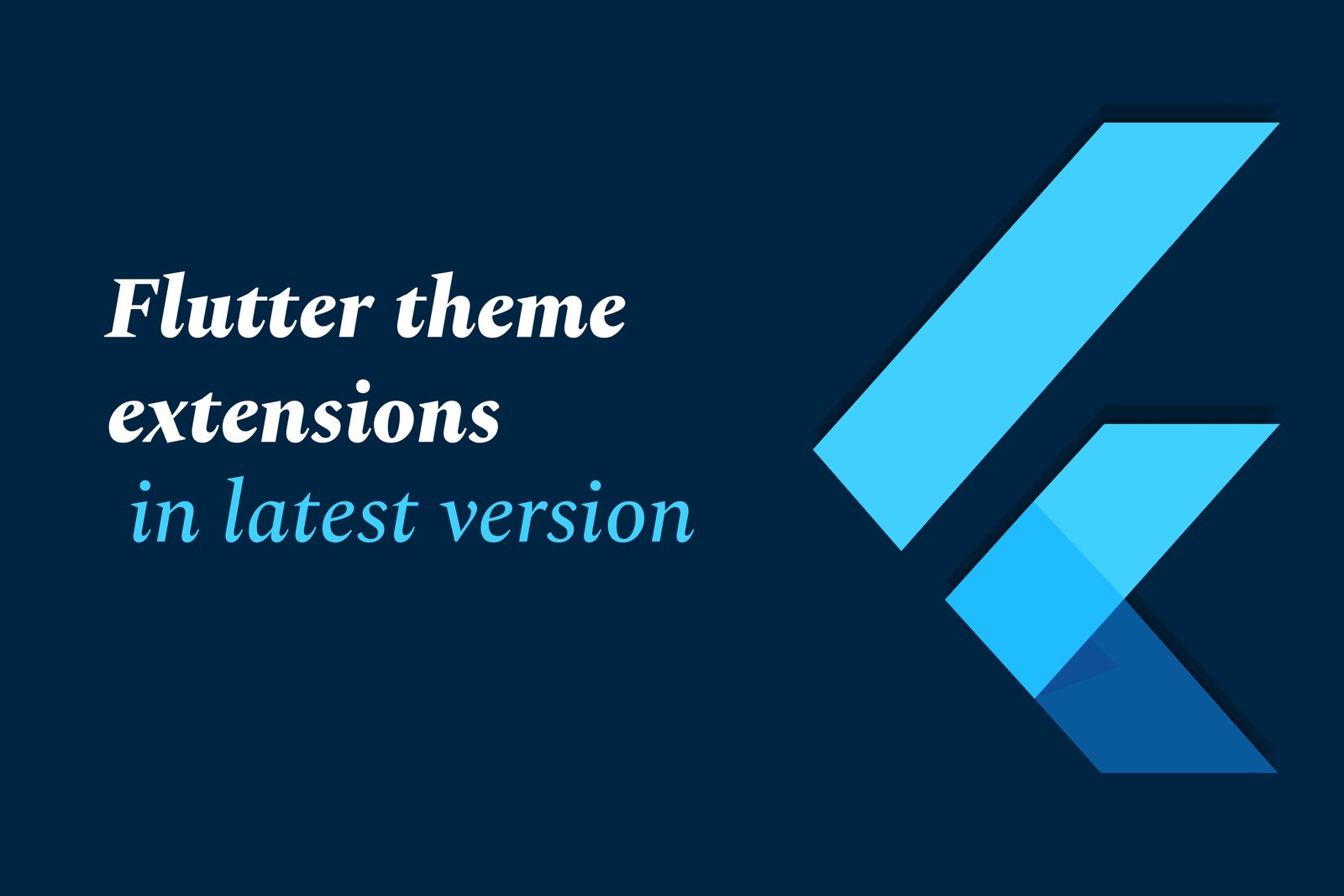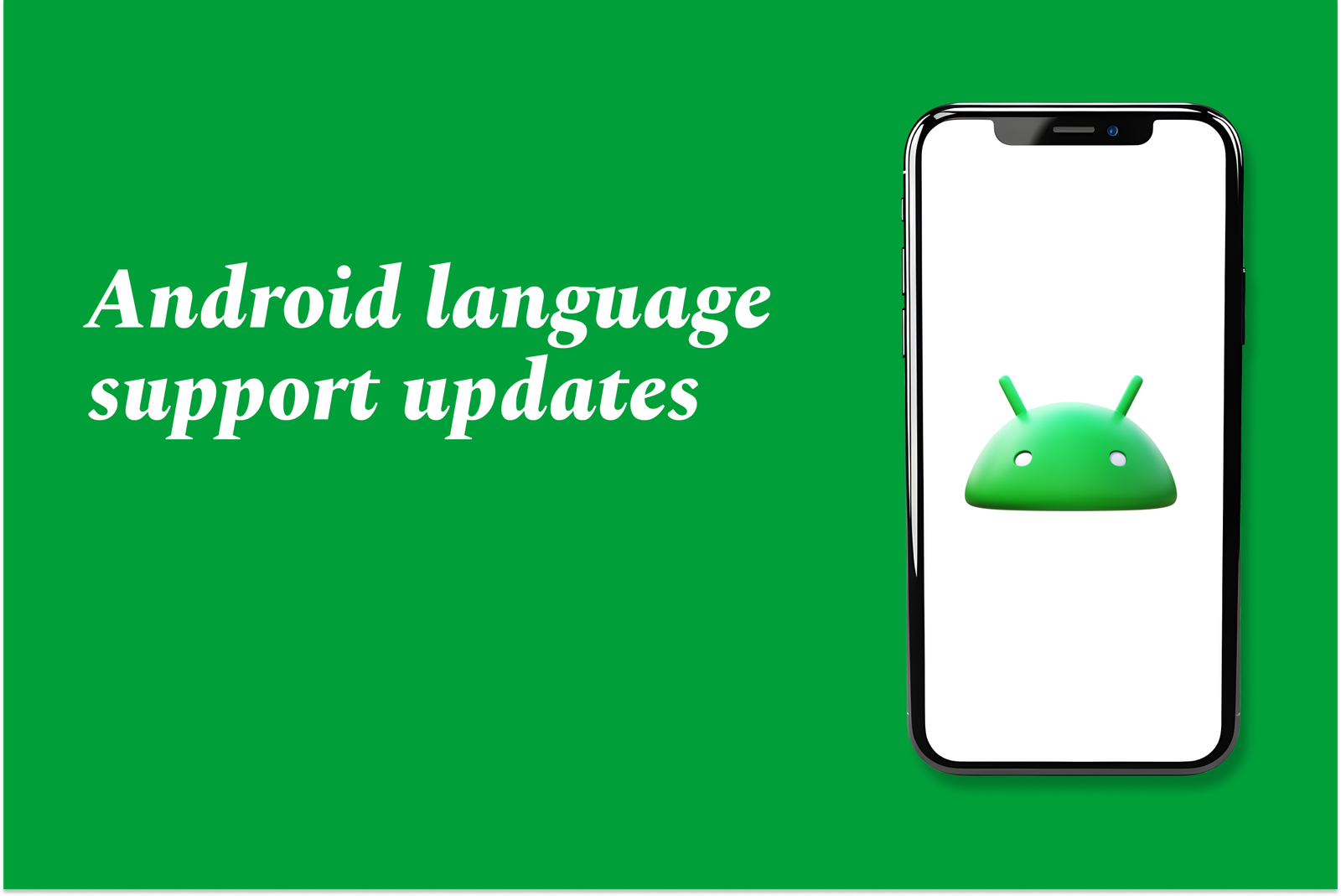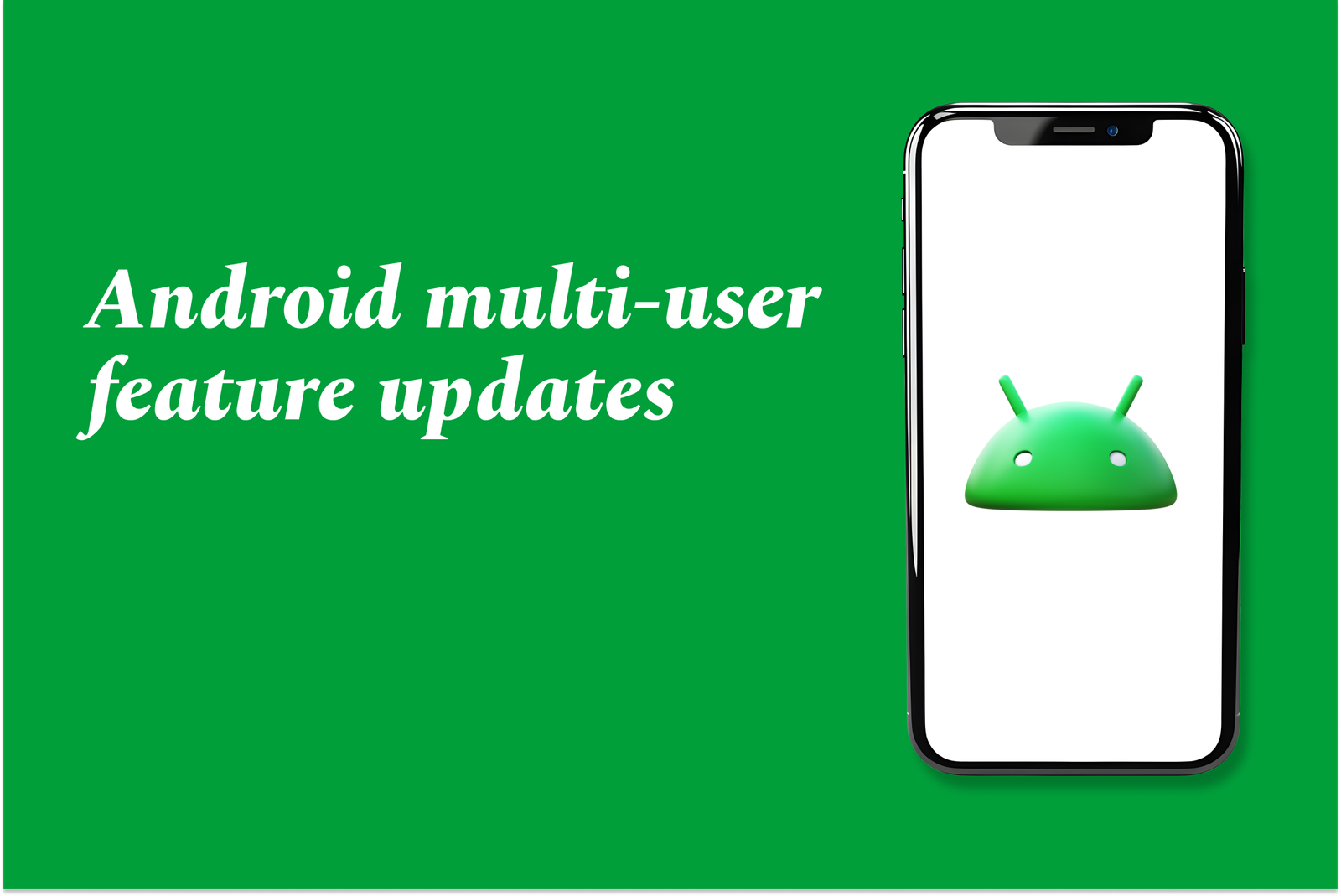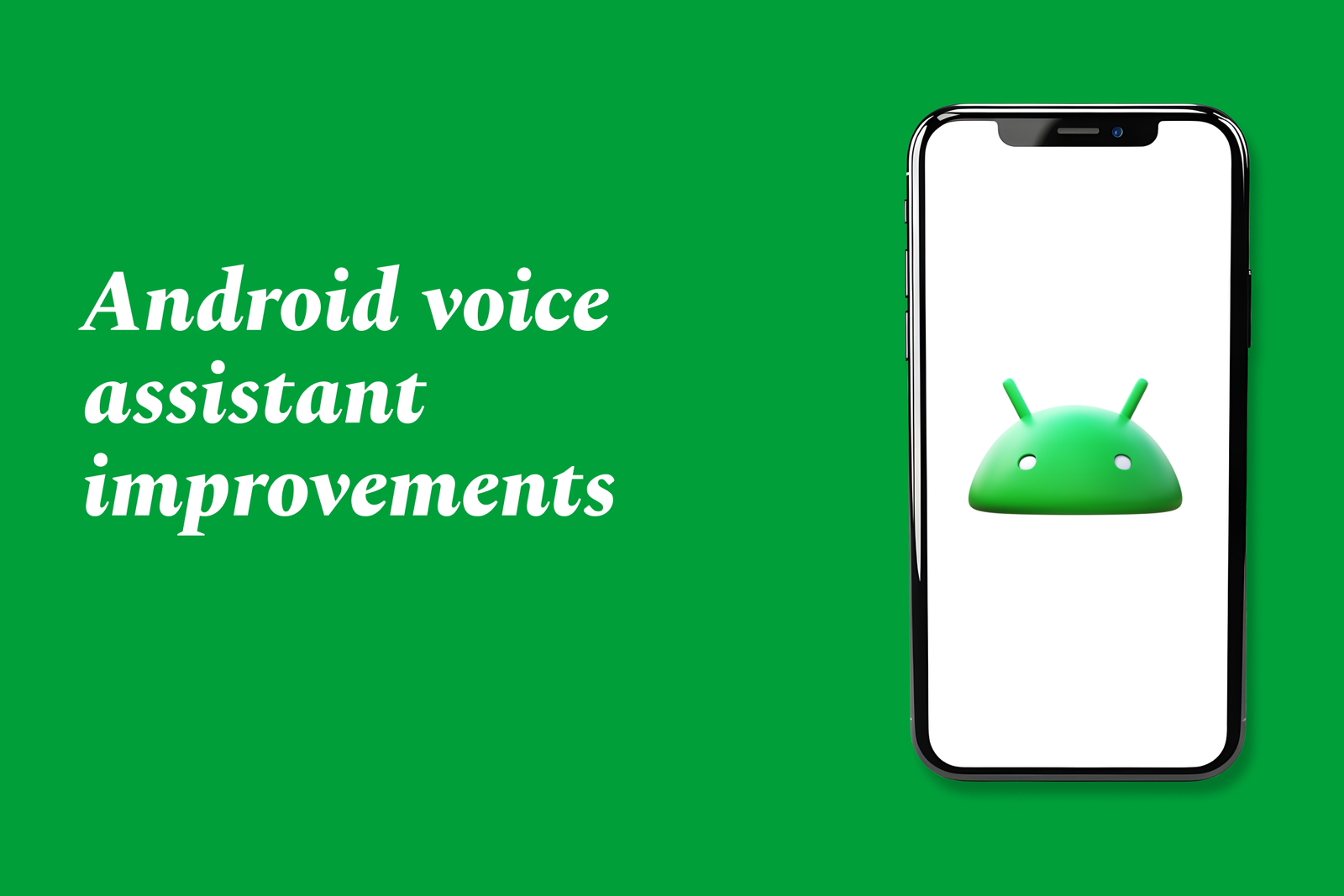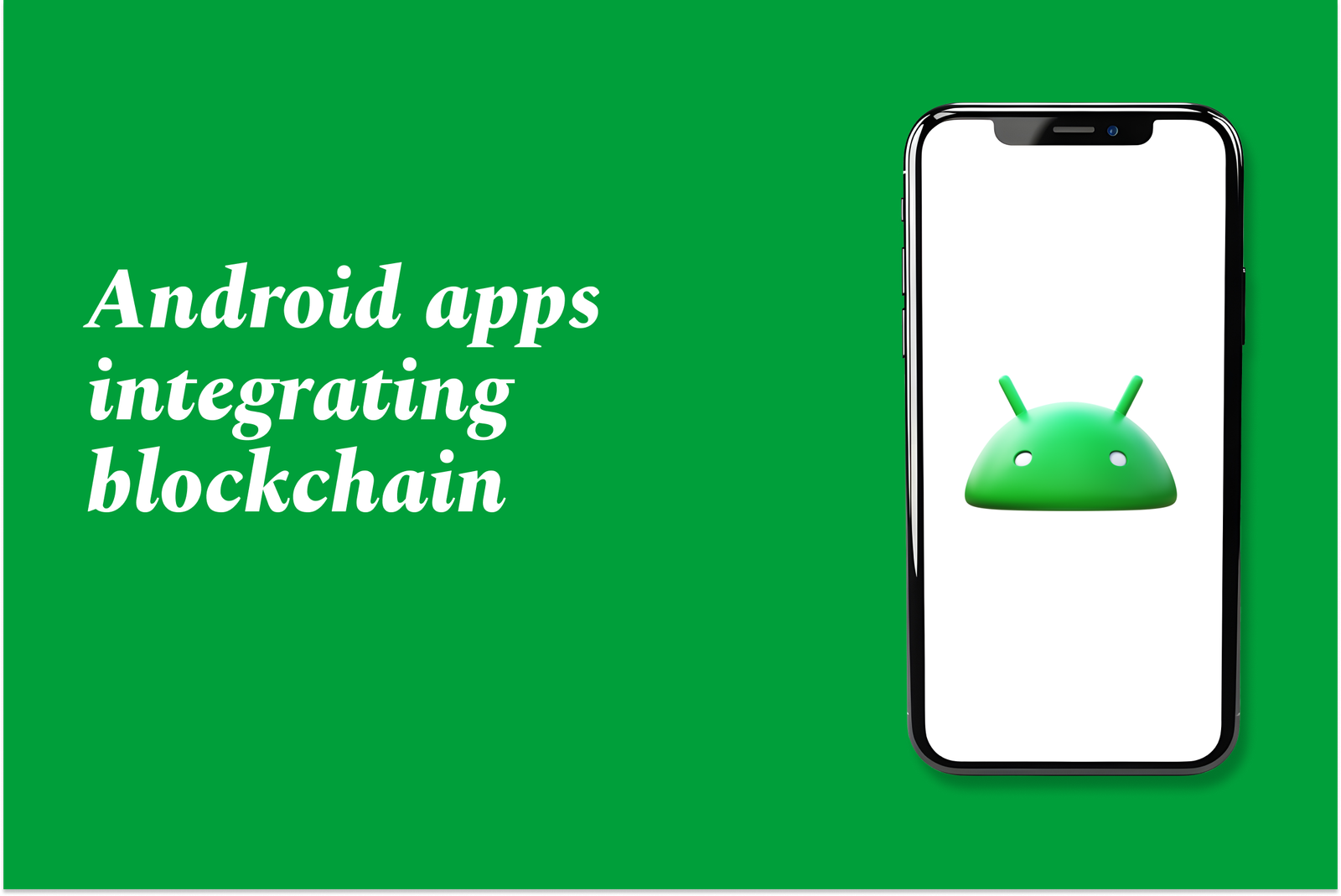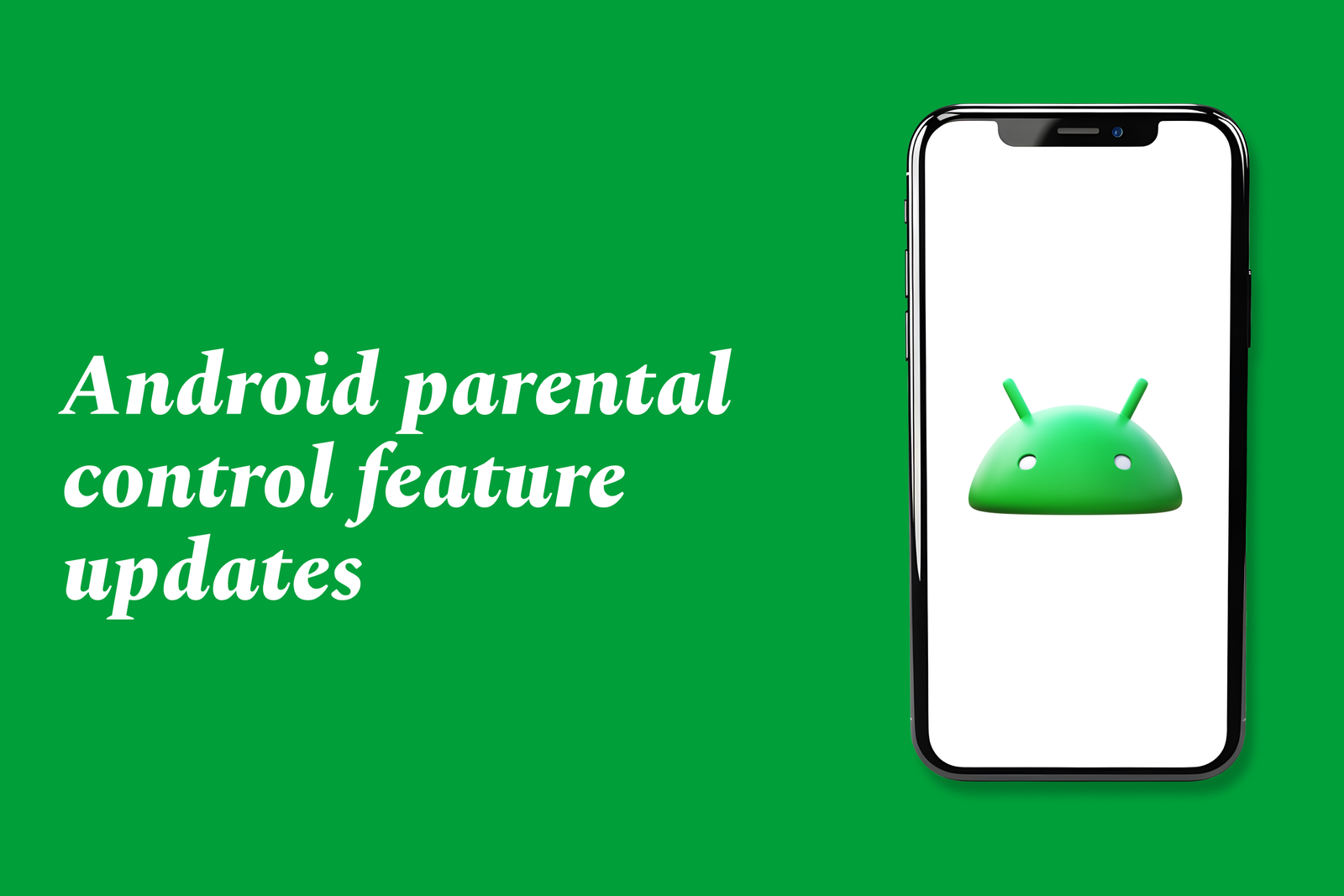Flutter Theme Extensions in Latest Version
Flutter's latest version introduces ThemeExtension, allowing developers to add custom properties like colors to ThemeData. It supports smooth theme animations via lerp() and copyWith(), enabling flexible, maintainable, and seamless app theming beyond built-in options.
Flutter theme extensions in latest version
1 ) Introduction to ThemeExtension Class
The ThemeExtension<T extends ThemeExtension<T>> is an abstract interface in Flutter used to define custom additions to ThemeData.
It allows developers to extend the native theming capabilities of Flutter by including custom properties, typically custom colors.
2 ) Usage and Implementation
To use ThemeExtension, you subclass it, define custom fields such as colors, and implement two crucial methods:
copyWith(): Creates a copy of the theme extension with new values supplied while retaining others.
lerp() (Linear interpolation): Allows for smooth transitions and animations when switching between themes by interpolating between two ThemeExtension objects.
3 ) Key Properties and Methods
hashCode: Provides a unique hash code for the theme extension object.
runtimeType: Reflects the runtime type of the object.
type: Indicates the extension's type.
noSuchMethod(): Handles invocations to non existent methods or properties.
The equality operator (==) is overridden to properly compare ThemeExtension instances.
4 ) Practical Example
The Flutter documentation provides a sample demonstrating how to create a ThemeExtension subclass defining two custom colors.
This illustrates how developers can expand theme capabilities beyond the built in ThemeData parameters.
5 ) Benefits of Using ThemeExtension
Enables seamless customization of app themes without compromising on Flutter’s design principles.
Facilitates smooth and animated theme changes by leveraging the lerp method.
Encourages efficient and maintainable theming by encapsulating custom properties within extensible classes.
In summary, the latest Flutter version's ThemeExtension class empowers developers to create richer, customizable themes by adding their own properties to ThemeData, supporting smooth transitions and maintaining consistency across their apps.
https://justacademy.in/news-detail/building-ai-first-apps-with-flutter
https://justacademy.in/news-detail/flutter-integration-with-github-actions
https://justacademy.in/news-detail/flutter-linux-desktop-support-progress
https://justacademy.in/news-detail/flutter-ai-chatbot-integration-guide
https://justacademy.in/news-detail/dart-3.1-released:-enhancing-flutter-performance
Related Posts
Android language support updates enhance the platform by enabling modern Java 8 features like lambdas and method references within Android Studio, improving code efficiency and developer experience without needing the Jack compiler, streamlining app development and build processes.
In 2025, Android enhances privacy with stricter app permissions, improved data encryption, and advanced APIs that give users greater control over their data. System updates focus on secure media handling and transparent, developer-friendly tools to protect personal information seamlessly.
Android offline mode improvements enhance app usability by allowing users to access content and features without an internet connection. These updates enable pre-downloading data, reduce dependency on continuous connectivity, and improve user experience during travel or in low-network areas.
Google Android ecosystem partnerships unite device makers, developers, carriers, and enterprises to build a flexible, secure platform powering billions of devices worldwide. These collaborations drive innovation, expand app access, and enhance user experiences across diverse Android-powered products.
Android social media app updates enhance user experience with improved features like real-time notifications, AI-driven content discovery, expanded communities, and better multimedia support. These updates ensure smoother interactions, faster info sharing, and more personalized social networking on mobile devices.
Android health and fitness app updates focus on improved data sharing, personalized coaching, and enhanced tracking across devices. Key apps like Health Connect, Samsung Health, and Google Fit offer better privacy controls, seamless integration, and support for diverse wellness goals.
Android's multi-user feature lets multiple people have separate profiles on one device, keeping data and apps separate. Recent updates improve user switching, address bugs like Wallet issues, and optimize performance by suspending inactive profiles for smoother multitasking.
Android voice assistant improvements enhance hands-free control by integrating smarter, more natural voice commands in Android Auto and CarPlay. Upgrades include better music navigation, AI-powered icon recognition for accessibility, and solutions for seamless connectivity, boosting safety and usability.
Android apps integrating blockchain leverage decentralized technology to enhance security, transparency, and trust in transactions and data management. These apps enable secure payments, identity verification, and supply chain tracking, revolutionizing mobile experiences across industries.
Android parental control updates enhance child safety by offering real-time monitoring, app notifications sync, screen time limits, app blocking, precise GPS tracking, and location alerts, enabling parents to manage and protect their children's device usage more effectively and securely.
